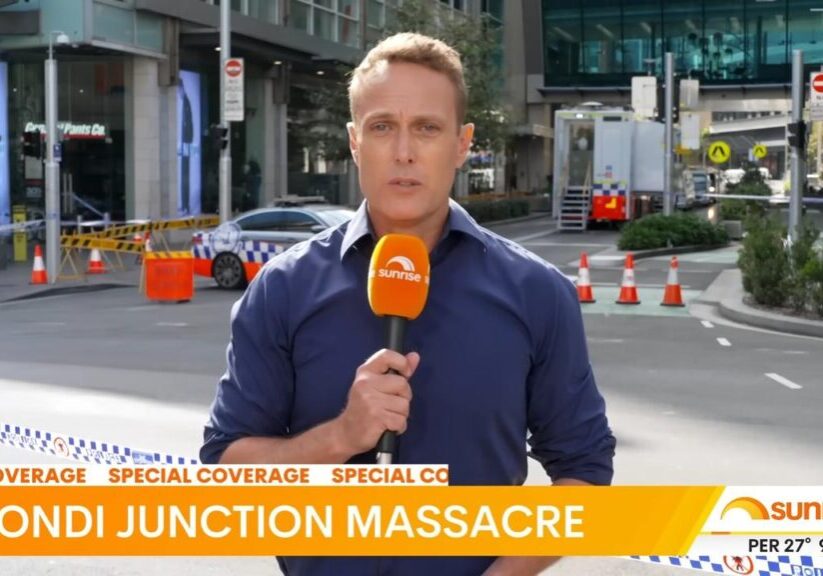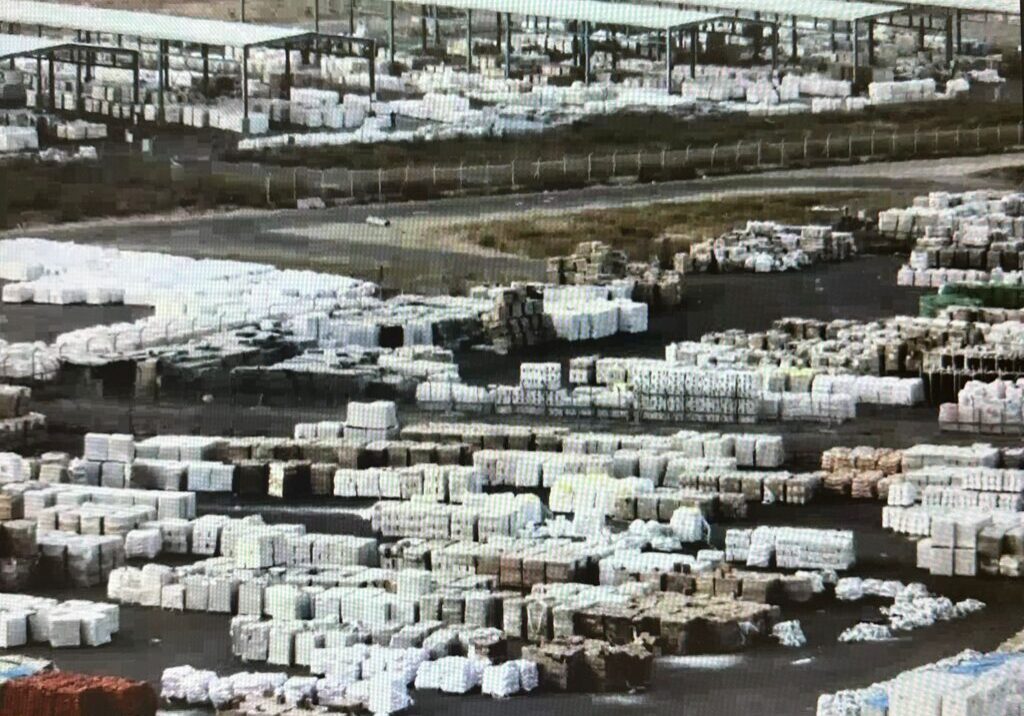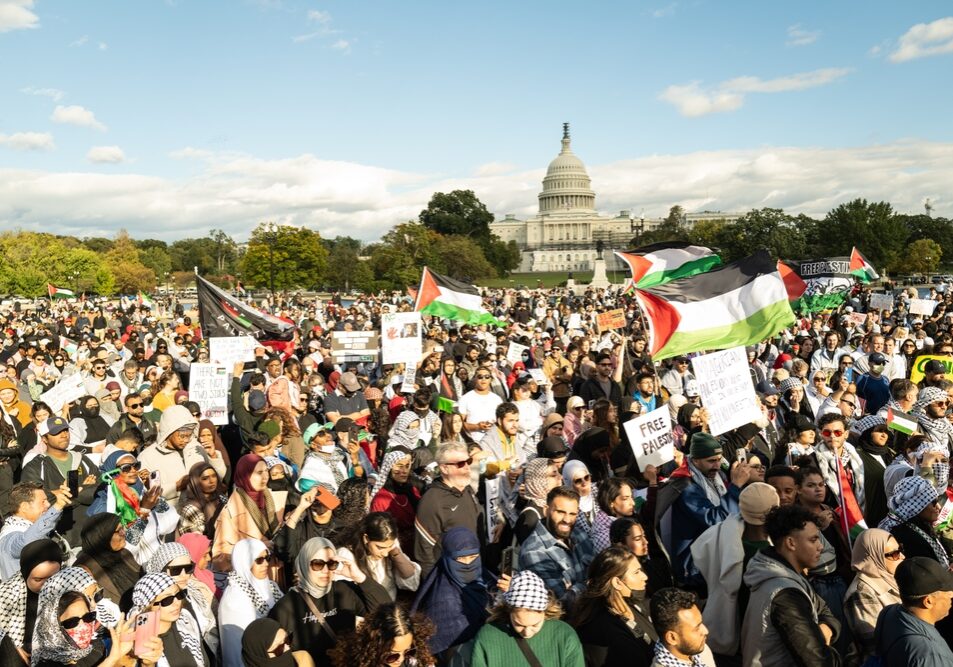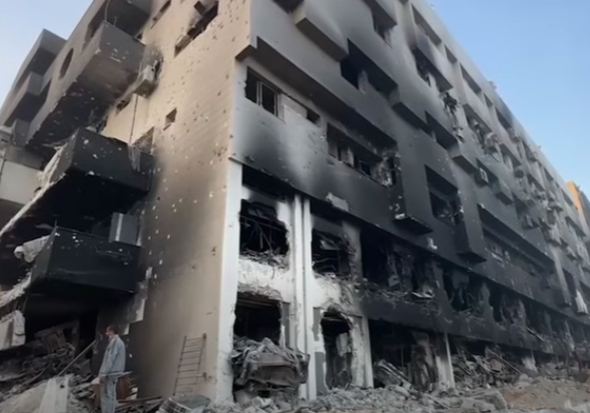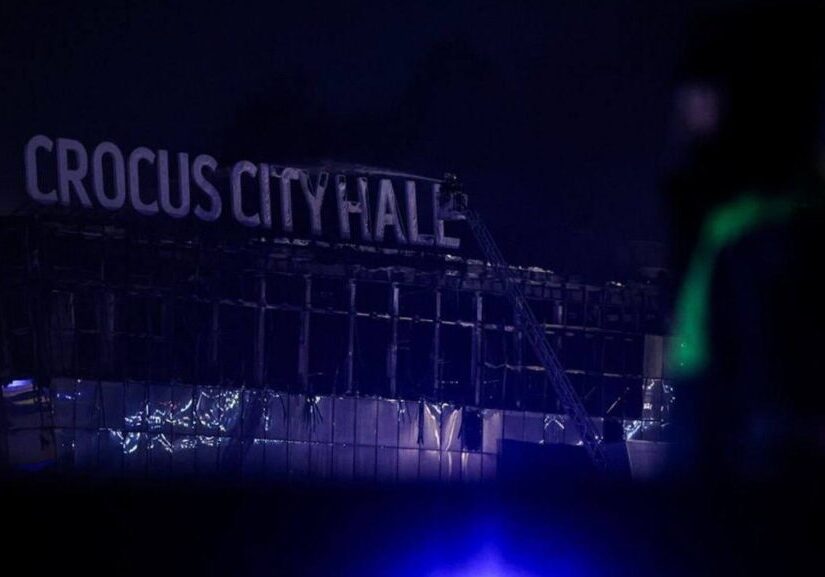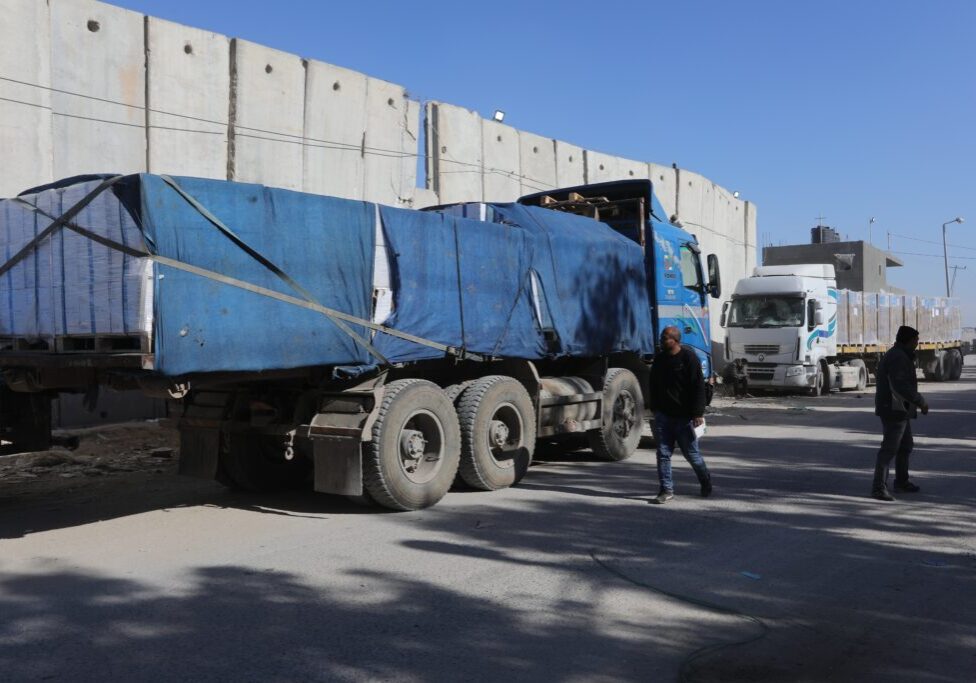FRESH AIR
Assad regime escalates chemical weapons use, but does anyone care?
Feb 16, 2018 | Sharyn Mittelman
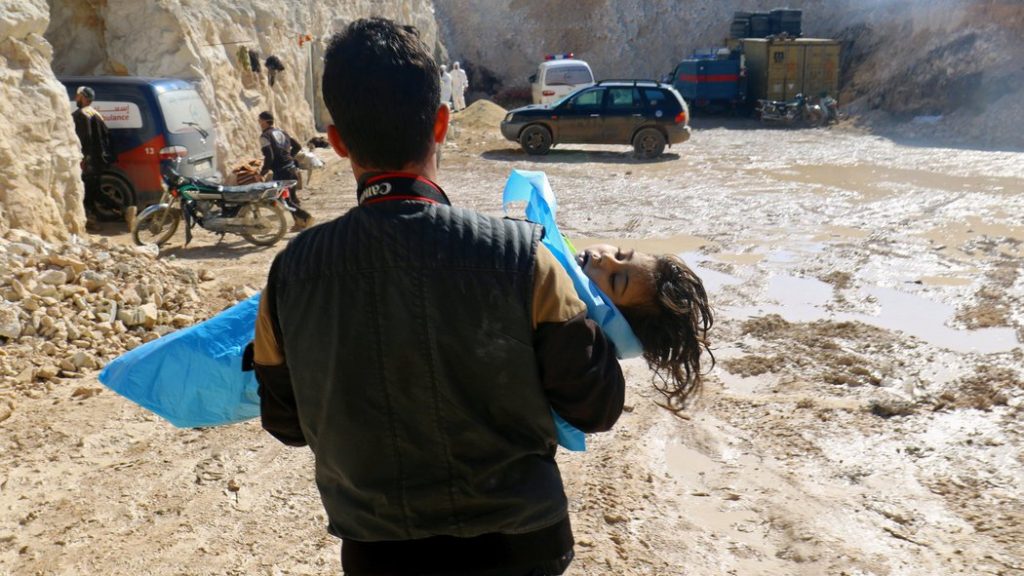
According to numerous reports, the Syrian government is still using chemical weapons against its civilians and has even increased the frequency of such attacks. In the past month alone, it has been accused of using chemical weapons at least six times. These latest assaults are believed to have been chlorine attacks. While chlorine itself is not a prohibited substance as it can be used for water purification and other civilian purposes, the use of any chemical weapon including chlorine is a war crime banned under the Geneva Convention.
The Assad regime appears to be becoming even more brutal as it attempts to take control of the last remaining territories held by rebels including the provinces of Ghouta and Idlib, through conventional and non-conventional weapons. As the battles intensify, civilian suffering continues to worsen. UN aid officials accuse the Syrian government of blocking all aid convoys to besieged areas since January.
The question is who, if anyone, will stop the Assad regime from using chemical weapons? Furthermore, will it ever be punished for its war crimes? The Syrian government’s persistent use of chemical weapons appears to reflect the irrelevance of democratic world powers in the Syrian conflict, and the failures of the United Nations and International Criminal Court to prosecute alleged war crimes and crimes against humanity, as well as the weakness of international law.
In 2012, then US President Barack Obama warned Assad, that the use of chemical weapons would be a “red line”. When a year later, the Syrian government launched a sarin attack that killed around 1500 people, Obama contemplated military action, but instead agreed to a Russian backed plan to remove the Assad regime’s stockpile of chemical weapons.
For many onlookers, Obama’s decision symbolised his Administration’s desire to retreat from its leadership role in the Middle East, and enabled Russia to restore its influence there. Russia’s intervention into the Syrian conflict in October 2015 and its support for the Syrian government is widely seen as the decisive factor that turned the war around in Assad’s favour, enabling the regime to recapture most of Syria’s major urban centres.
Back in 2013, at the time of the Russian proposal to remove chemical weapons, I noted the likelihood that the Assad regime would retain some chemical weapons. Since then, US intelligence has indeed concluded that the Assad regime kept some chemical stockpiles. Moreover, this sad reality appeared to be proven when in April 2017 there was another sarin attack on civilians, attributed to the Assad regime, that killed around 88 people.
Commenting on the failure to remove Assad’s chemical weapons, Jeffrey Goldberg wrote in The Atlantic last April:
“It was not a complete failure, in that stockpiles were indeed removed, but Assad kept enough of these weapons to allow him to continue murdering civilians with sarin gas. The argument that Obama achieved comprehensive WMD disarmament without going to war is no longer, as they say in Washington, operative.”
In contrast to Obama, President Trump decided to act in response to the sarin attack, and authorised military strikes on a Syrian government air base. The US military response was a clear warning to Assad not to use chemical weapons.
While that warning may have worked for a while, it is apparent it is not working anymore. The US will now have to decide how to respond to the escalating latest chlorine chemical weapons attacks. While US leaders, including US Secretary of State Rex Tillerson and UN Ambassador Nikki Haley, have strongly condemned the chemical weapons attacks, there appears to be little signs of an impending US military response. Instead they have called on Russia to stop the attacks. Yet Russia has repeatedly vetoed UN Security Council motions condemning the use of chemical weapons and simply denies the overwhelming evidence that the Assad regime is using chemical weapons.
UN Ambassador Haley commented:
“It’s a true tragedy that Russia has sent us back to square one in the effort to end chemical weapons use in Syria… But we will not cease in our efforts to know the truth of the Assad regime and ensure that that truth is known and acted on by the international community.”
Similarly, US Secretary of State Rex Tillerson said in January:
“Whoever conducted the attacks, Russia ultimately bears responsibility for the victims in east Ghouta and countless other Syrians targeted with chemical weapons since Russia became involved in Syria.”
Russia’s support on this issue is unlikely, as its ambitions to keep Assad in power do not align with US interests. Moreover, it has not fulfilled its word on other issues including enforcing a ‘deconfliction’ zone in southwestern Syria as part of a 2017 US-Russia agreement. Moscow is also seeking to negotiate its own settlement to the war outside of the UN process.
Meanwhile, France is attempting to assert some moral leadership on this issue. France launched a “partnership against impunity”, which was agreed to by over 20 countries to ensure that perpetrators of chemical attacks in Syria are held accountable, intended to blacklist companies and individuals suspected of links to Syria’s alleged chemical weapons program.
Moreover, on Feb. 13, France’s President Emanuel Macron said that “France will strike” if chemical weapons are used against civilians in the Syrian conflict in violation of international treaties, but said he had not yet seen proof that this was the case. However, Macron did not clearly indicate whether the use of chlorine would for him constitute a chemical attack. Under the Obama Administration, such attacks were denigrated as not as worrying or heinous as sarin use on the grounds that chlorine in and of itself is not a banned substance.
Nevertheless, the use of chlorine as a chemical weapon remains a clear violation of international law – and of the Chemical Weapons Convention which Syria signed as part of the 2013 deal with the US and Russia. If the Syrian government is not held to account for its growing use of chemical weapons, it is a horrific outcome not only for Syria’s civilians but also for global security and international law.
Of course, it goes without saying that the majority of people killed in the Syrian war have died from conventional weapons, and all actors involved in killing civilians must be held accountable for their crimes. With the Syrian conflict now running into its ninth year, with around 500,000 killed and millions displaced, the Syrian conflict looks set to truly become the defining failure of our time.
Sharyn Mittelman
Tags: International Security, Syria

